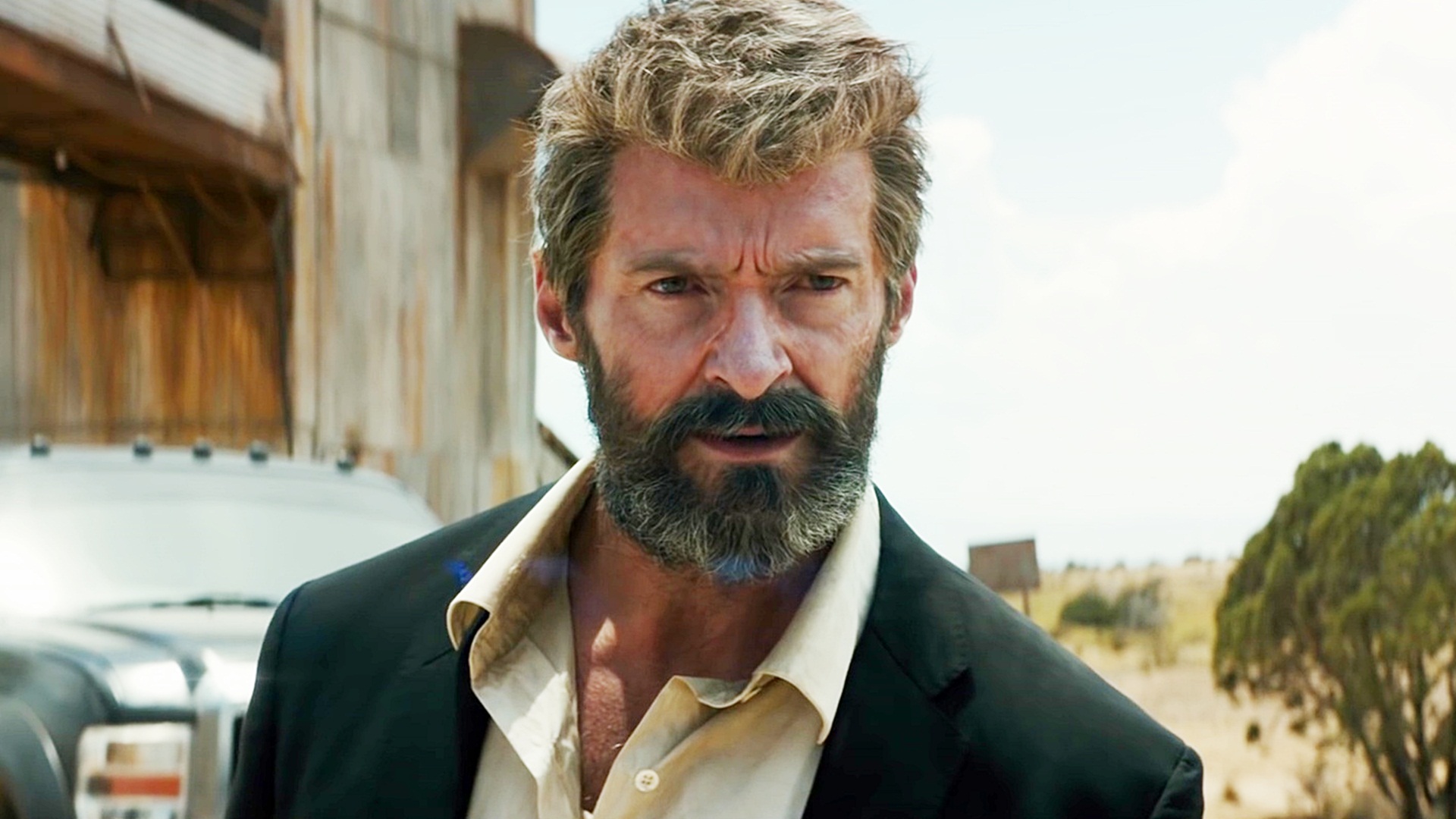
You would have to be living under rock to not believe that the superhero genre is currently going through a golden age. Since the turn of the century, studios have been desperate to acquire the intellectual property of comic book writers, especially superheroes, and transfer them to the big screen. So prevalent and successful this was that in recent years, several publishers have set up their own production companies, such as Marvel and DC.
The recent success in comic book films has been compared to the success of the early Western, both genres that told simple tales of good versus evil. The superhero genre, however, also appealed to a younger generation of readers, with stories of unassuming heroes, usually marginalised in their lives, who assume the identity of a superhero. These individuals were usually blessed with abilities, skills or wealth that allowed them to battle a great evil, usually in the form of a criminal with their own exaggerated identity.
However, whenever a genre or concept succeeds, farce, parody and satire are never far behind. The superhero genre is no exception. But some of these films do not just mock the genre tropes; they also use the genre as a means of addressing themes and issues that impact the real world.
While Steven Spielberg may have dismissed the recent Golden Age of superhero cinema, stating that it would go the way of the Western, the recent success of both Marvel and DC adaptations shows that the genre’s success will not be disappearing anytime soon. However, the genre’s familiarity has already lead to a number of films that not only mock the genre but also use it to make a artistic or political point.
15. Mystery Men (1999)
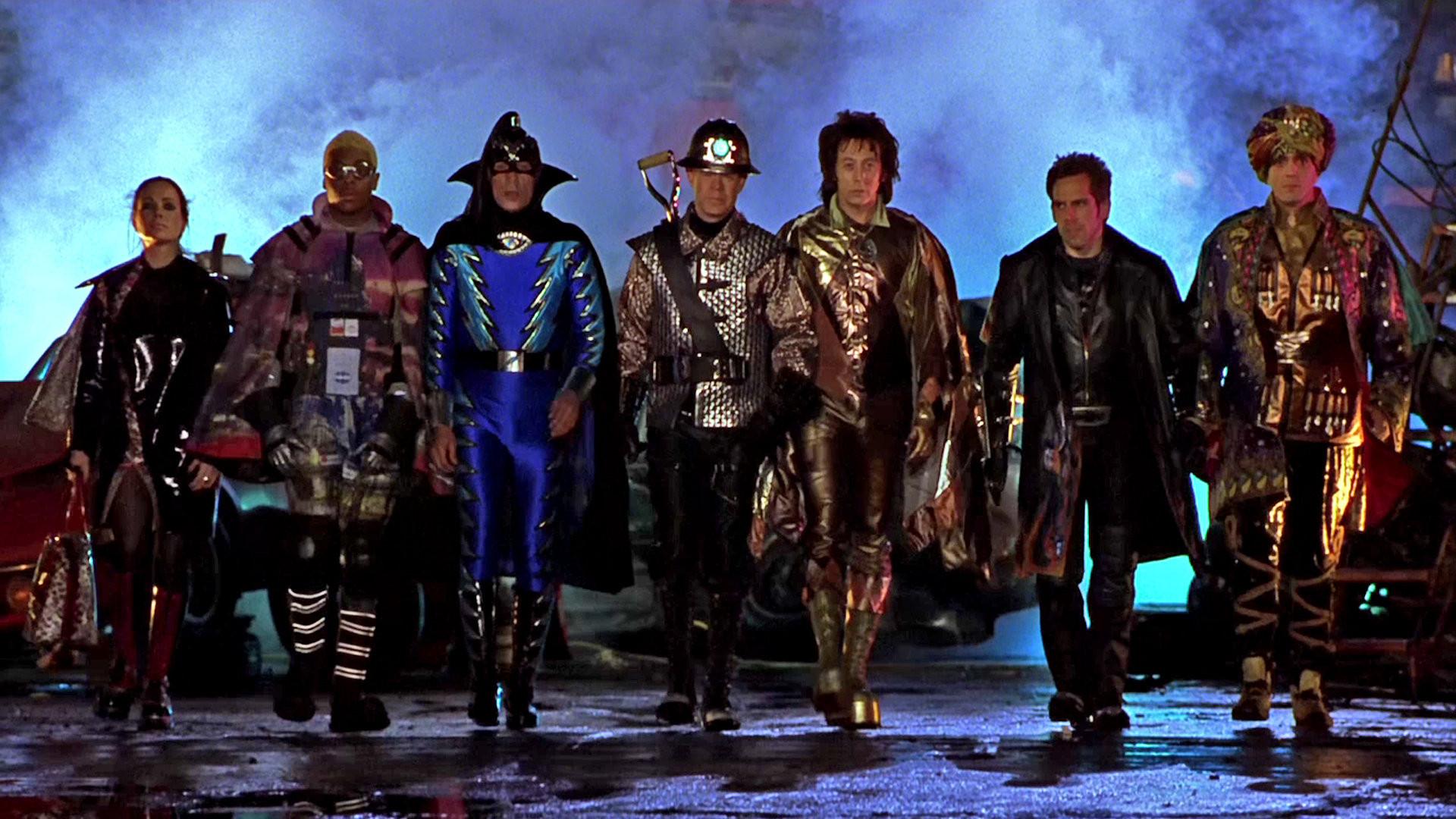
Mystery Men was a film released ahead of its time. In 1999, comic book cinema was in a rut. The initial success of DC Comics at Warner Bros. Studios had died down following the disasters of Superman IV: The Quest for Peace (1987) and Batman & Robin (1997) and Marvel Comics had not yet found success with X-Men (2000) and Spider-Man (2002). Essentially, this was a parody that had nothing to parody.
However, nearly 20 years later and the film can be considered quite contextual, especially in the age of the Avenges and the Justice League. Since many comic tropes were not that familiar to audiences in the 1990’s, the filmmakers instead focused on goofball comedy and light-hearted laughs.
The characters were all over the top spoofs of themselves. A hero named Captain Amazing kidnapped by a supervillain called Casanova Frankenstein is clearly tongue in cheek, especially when a group of second rate superheroes including Mr Furious, The Shoveler, Blue Raja, Invisible Boy, The Spleen and The Bowler, team up to save the day.
What makes Mystery Men so underrated is its attempt to reclaim the nobility of the marginalised individual. While successful heroes, such as Captain Amazing, are able to use their identity for marketing (seen with his superhero suit covered in slogans and advertising), the underappreciated heroes select an identity which they clearly feel best suits them, even if it is quite ridiculous.
14. Griff the Invisible (2010)
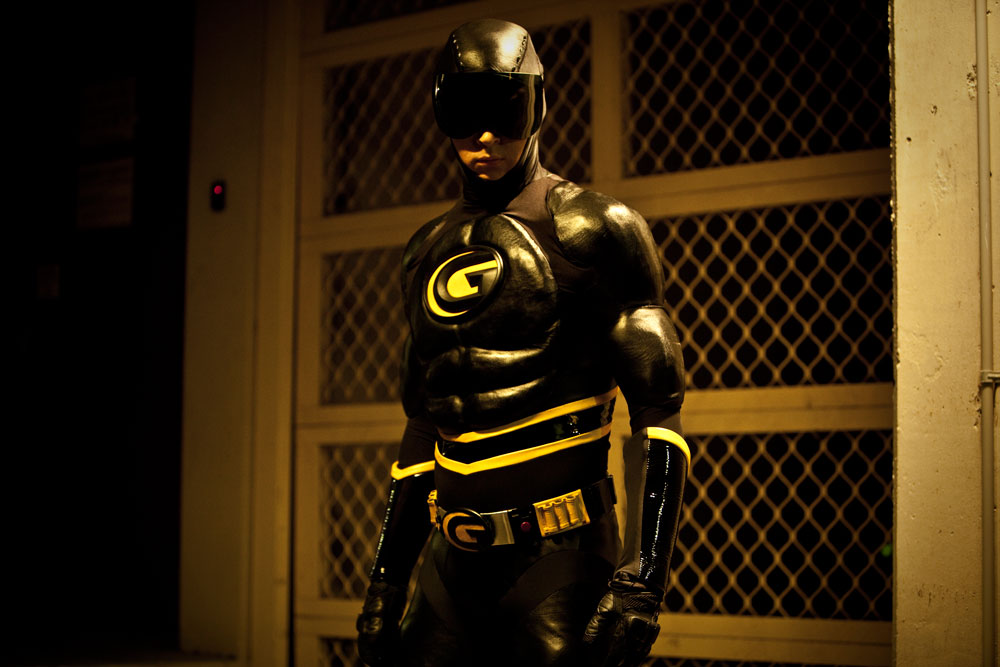
Arguably, Leon Ford’s feature directorial debut is not a superhero movie as it is a romantic comedy about a mentally ill man. Ryan Kwanten’s Griff is a socially awkward office worker frequently victim to bullying. His only means of escape is disappearing into a world where he is a superhero who fights crime and protects the innocent.
Ford effectively takes certain genre tropes of the superhero film and applies them to the character of Griff, emphasising his loneliness and setting up his relationship with the socially anxious Melody. Superpowers have frequently been used to emphasise or illustrate characterisation. In this case, Griff’s ‘superpower’ of invisibility is used to highlight his isolation.
While superhero films may have a love subplot, the idea of using the genre as a plot device for a romance is quite daring.
13. The Punisher (2004)
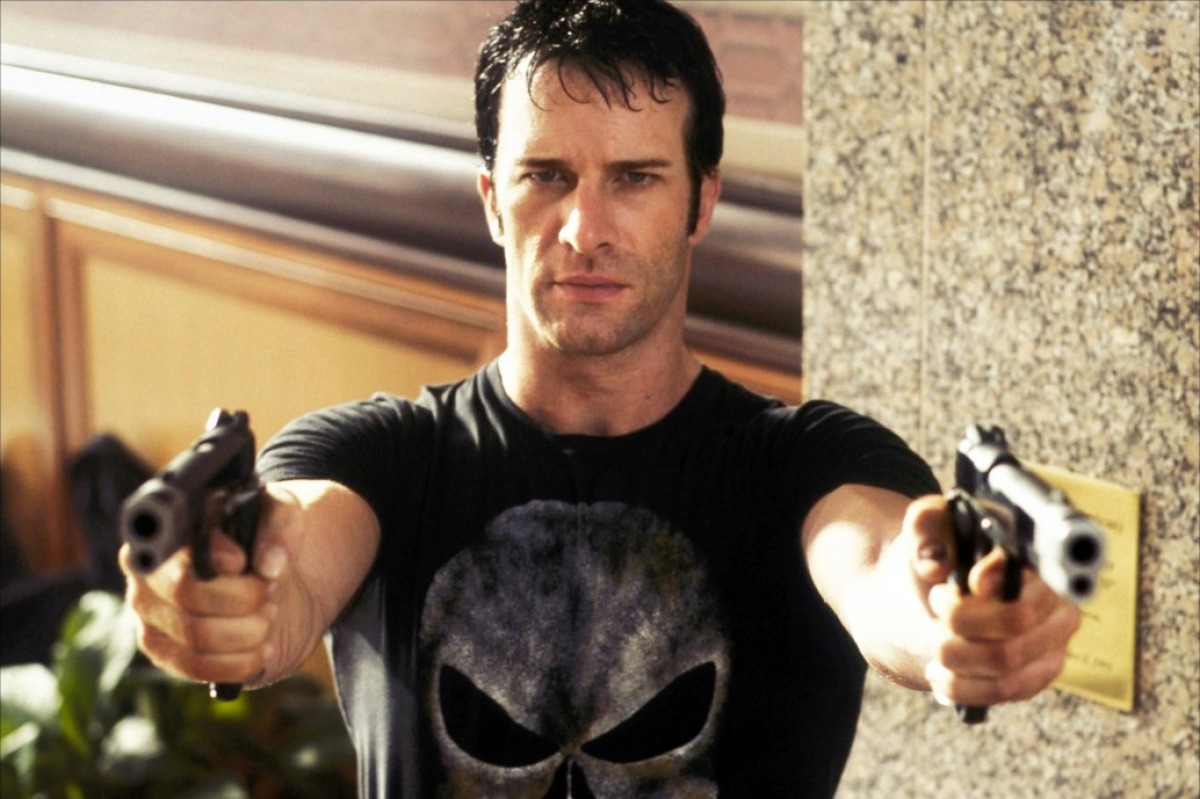
The Punisher is far from a perfect film. It is not even a perfect representation of the character. Many true comic book readers criticised Thomas Jane’s depiction of The Punisher as a sympathetic anti-hero rather than an unhinged sociopath.
While it is still a step up from the one-man army depictions from Dolph Lundgren and Ray Stevenson, the film has aged, especially with Jon Bernthal’s haunted depiction of Frank Castle in the Netflix series Daredevil. Still, The Punisher was a breath of fresh air, especially with the success of X-Men, Spider-Man and Hulk.
Originally a villain that faced off against Spider-Man, The Punisher quickly became a 70’s era hero that stood in stark contrast to the morally righteous crusaders for justice that emerged in post-World War II America. This was a ‘hero’ that partook in murder, torture, assault, intimidation, kidnapping and extortion.
Castle is quickly labelled a vigilante but is he any different to the heroes that established pop culture comic classics in the early 20th century? In the end, they take the law into their own hands and act out their own interpretation of justice. In the Netflix series Daredevil, Castle even tells Daredevil, after lambasting him for allowing his opponents to live, that, “You’re one bad day away from becoming me”.
Unfortunately, The Punisher has yet to receive the cinematic adaptation it deserves but it would not be right to include the character that was one of the first to subvert the genre.
However, the 2004 adaptation comes the closest, detailing how Castle’s justice goes beyond bloody murder. He manipulates and deceives his enemies, letting them turn against one another. Unfortunately, the film’s average box office return meant that no sequel could improve upon the film (with the exception of the short The Punisher: Dirty Laundry).
12. The Specials (2000)
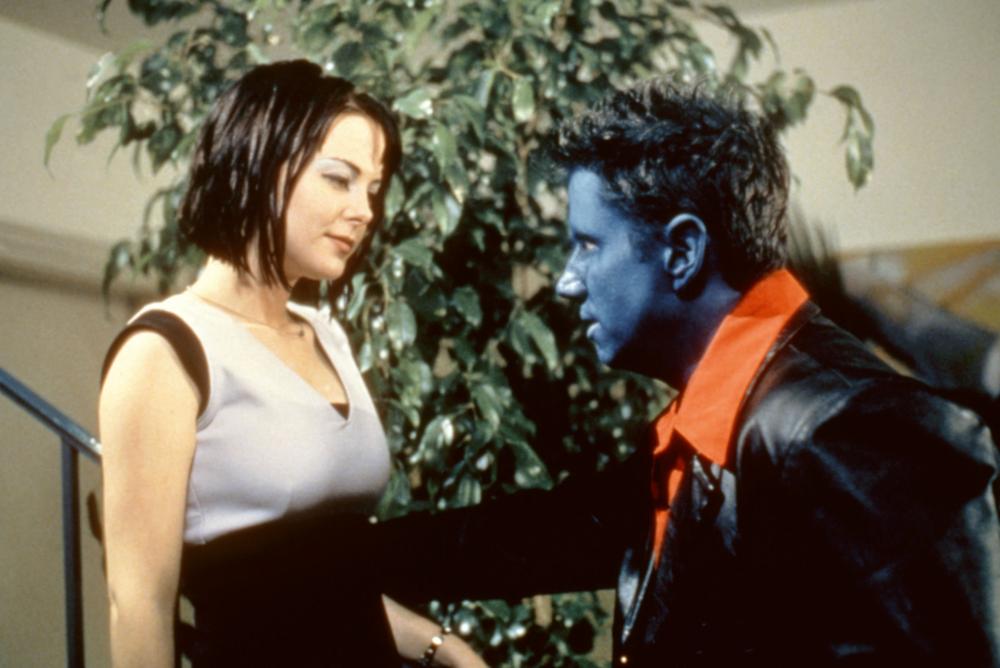
Just like Mystery Men, The Specials is another film that was victim of being ahead of its time. Written by James Gunn (Guardians of the Galaxy, Super), the film is less subtle in its subversion of the genre, satirically mocking corporatism and its impact on comic book culture.
Set in a single day, the film follows a team of live-in superheroes known as The Specials. In this world, alien invasions, natural disasters and super villains are all a daily occurrence and these tasks are delegated to various teams.
Unfortunately, The Specials are a team without any appeal. They lack financial support and their refusal to allow themselves to be merchandised sees them given low priority jobs. However, this is not a film about heroes saving the world, this is a film about heroes in their ordinary lives. Think Clerks meets Watchmen.
Despite a solid cast, including Rob Lowe, Thomas Haden Church, Judy Greer and Paget Brewster, and the recent success of James Gunn, The Specials has not enjoyed a recent resurgence. Hopefully this will change soon.
11. Megamind (2010)
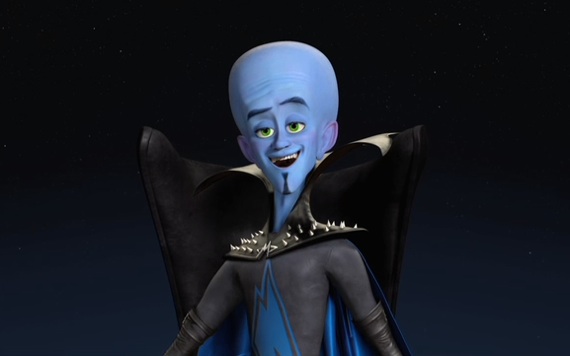
Megamind may not have been the first animated film to subvert the genre. While The Incredibles focused on superheroes and Despicable Me was a satire of the spy genre, Megamind focused on super villains.
At first glance, the film is simply a spoof of Superman. Megamind is the visibly frustrated Lex Luthor/Brainiac rip off constantly losing to the airheaded Superman rip off Metro Man. The film even includes a prologue depicting the destruction of a planet with a lone baby refugee told by his father that he is destined for greatness. Except this is told to Megamind.
Apart from the obvious satire, Megamind also subverts the genre’s use of villains. For many comic books, especially Superman, villains are generally grand megalomaniacs eager to take over or destroy the planet.
In the case of Megamind, the villain is a very unremarkable. Hal Stewart is not only a very ordinary individual in the world of Megamind; his motivations are all too human. Jealousy and obsession are character traits that we are all too familiar with. Combine that with superpowers, and it creates something truly different.
10. Defendor (2009)
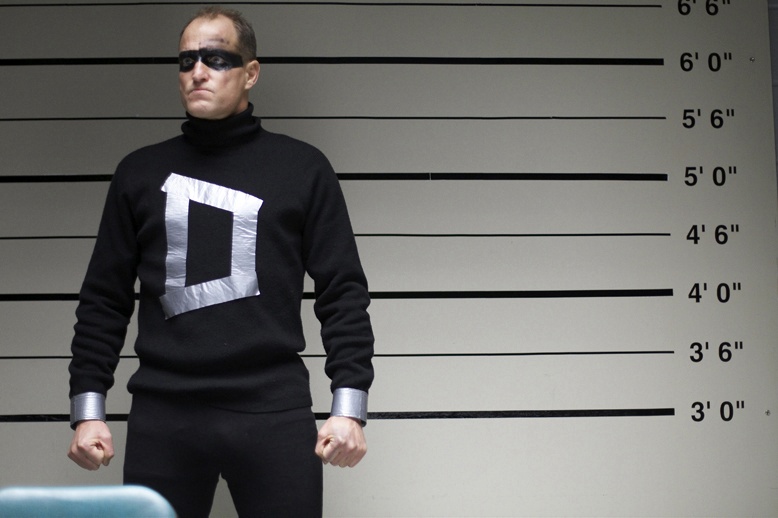
Virtually forgotten upon its release almost a decade ago, Defendor was forced to compete against more successful clones such as Kick-Ass and Super. However, thanks to the ever-reliable Woody Harrelson, Defendor still has its moments.
Just like Super and Griff the Invisible, Harrelson’s Arthur Poppington is just another delusional loner unable to relate to the world around him. With a strong sense of right and wrong, he assumes the identity of Defendor, a ‘superhero’ clad in black and wielding a trench club, as he defends a prostitute from a violent gangster and a corrupt cop.
The late 2000’s saw a number of films that depicted ordinary people assuming the mantra of a superhero. Some were inspired by the comic books they read, while others were struggling with mental illness. But this was clearly a phenomenon inspired by the success of comic book cinema and how audiences responded to it. Defendor may not have been the most successful of this sub-genre, but it was one of the first.
9. Watchmen (2009)
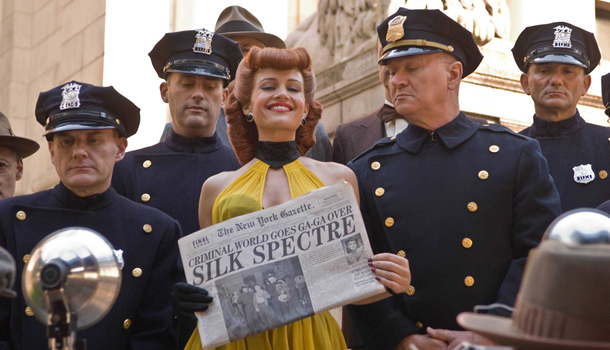
A Watchmen adaptation was never going to be perfect. The graphic novel by Alan Moore and Dave Gibbons had been in development since 1986. Considered impossible to film by many, including Moore who refused to have his name attached to the adaptation.
But with 300 director Zack Snyder, audiences finally got an adaptation of one of the first anti-Superhero tales. While the film does have its flaws and fails to capture the essence of the graphic novel, it is a brutal depiction of superheroes in an alternative 1986 that is on the brink of nuclear war between the United States and the Soviet Union.
The heroes of Watchmen are all flawed individuals. If they are not struggling with identity issues since retirement, then they are borderline sociopaths with strong notions of right and wrong. What is potentially so devastating about Watchmen is the ineffectiveness of the characters.
For decades, the core concept behind superheroes was that they were powerful beings capable of stopping evil without questioning their morality. Watchmen turns this on its head. Not only are they powerless to stop the world’s spiral into nuclear war, but their black and white morality leads some of them to commit heinous crimes.
Fans of the original comic were derisive of the film as were some critics, disliking the gratuitous violence and sex, but Watchmen for all its flaws is an intriguing perspective of the traditional superhero formula.